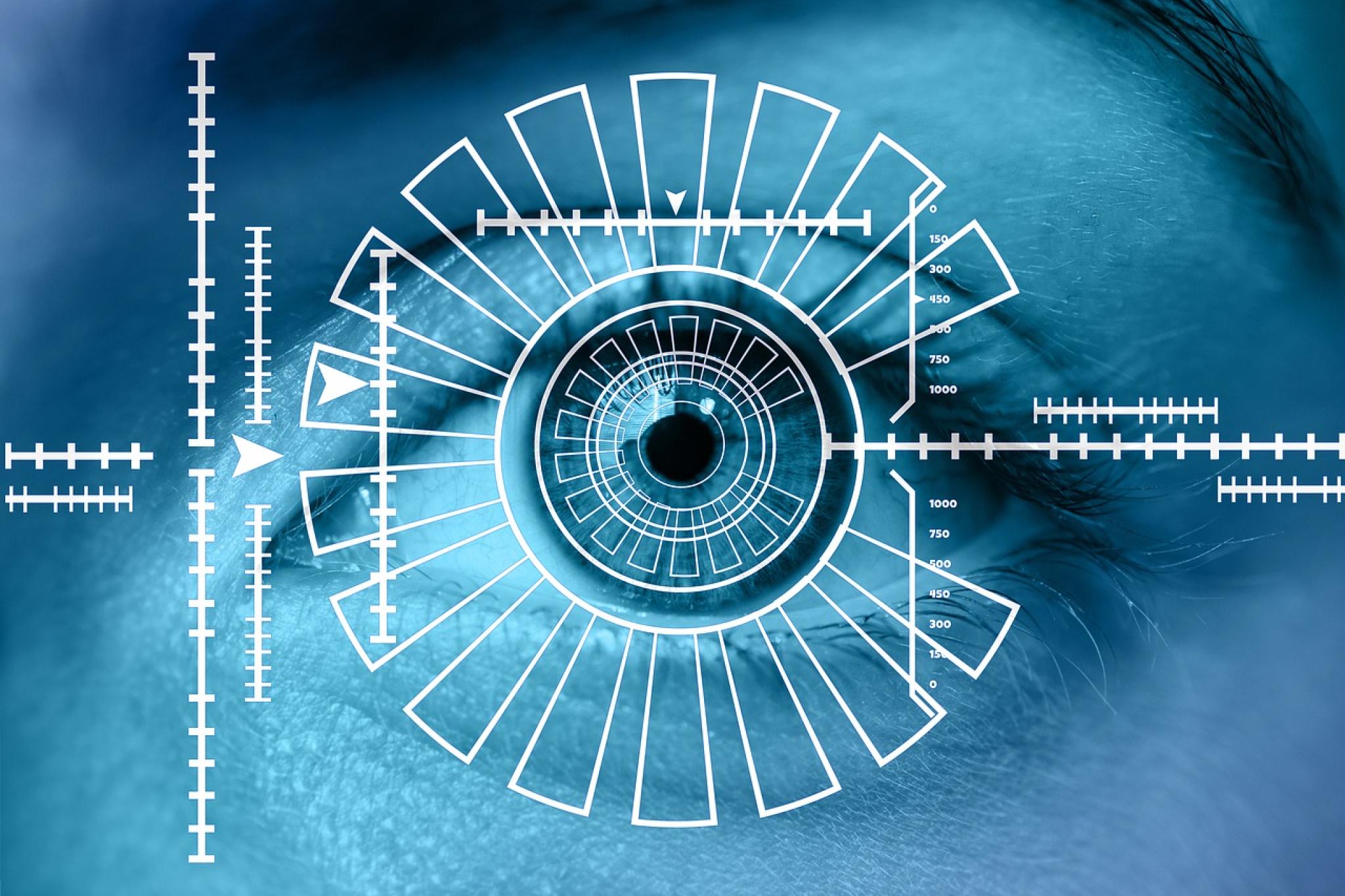Biometric technologies, as well as predictive algorithms and risk assessment models, are increasingly used as regulatory tools in the context of social assistance, often in the name of cost savings and fraud prevention. In 2019, the UN rapporteur on extreme poverty warned that doing so has enabled Big Tech companies to surveil the poor without appropriate accountability or regulation. Beyond the controversial Robodebt scandal in Australia, we know little about how these technologies operate in practice or how they affect recipients in everyday life.
This project thus asks: how are these different technologies informing practices and experiences of regulation? What are the implications for those in need of financial support and the actors tasked with delivery?
In answering these questions, this research aims to shed light on changing governance relationships in and across different jurisdictions. It examines the UNCHR’s Biometric Identity Management System (BIMS) as well as social welfare and humanitarian aid practices in Australia, India, Lebanon and South Africa.
In addition, the project supports wider collaboration with scholars who are conducting research on practices in Brazil, Cambodia, China, Ghana, Kenya, Pakistan and Thailand.
Hero image by Gerd Altmann from Pixabay under Pixabay Licence


